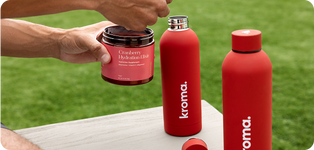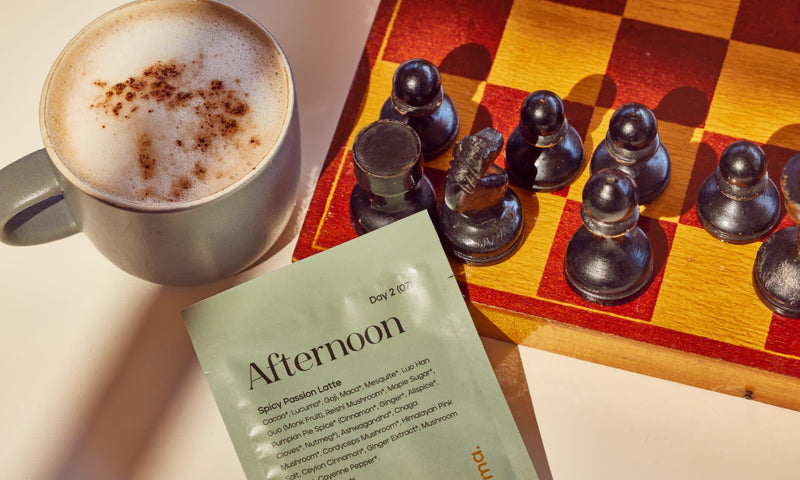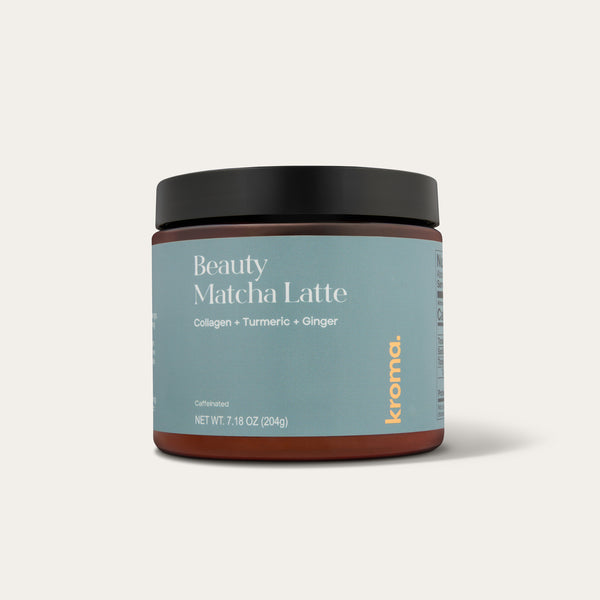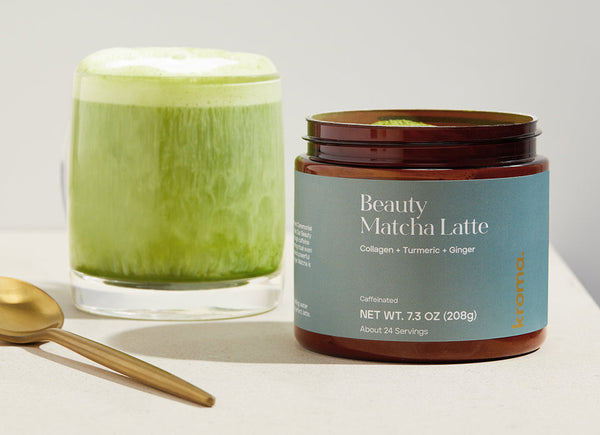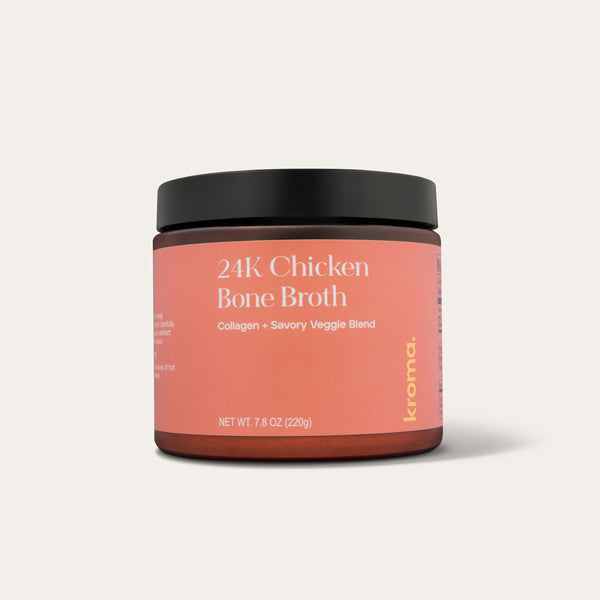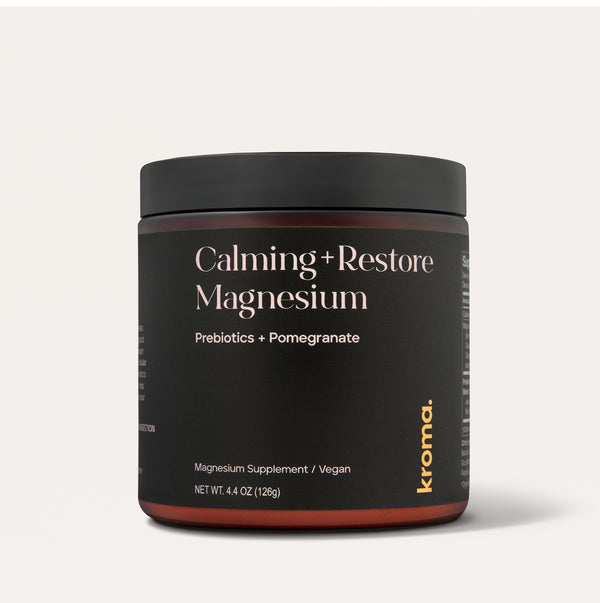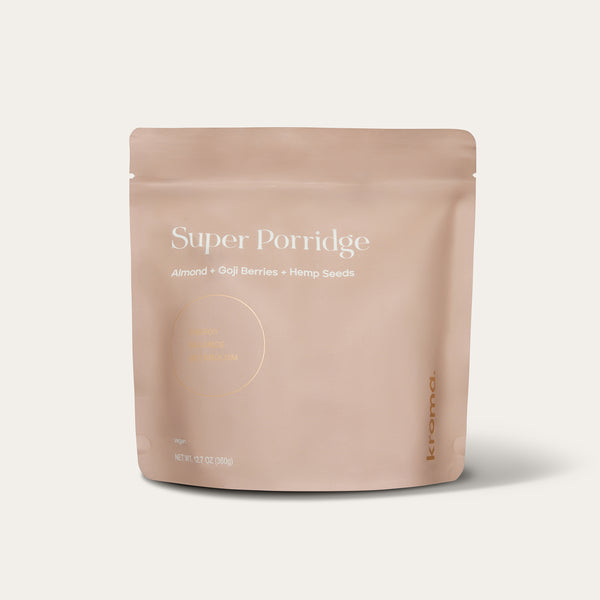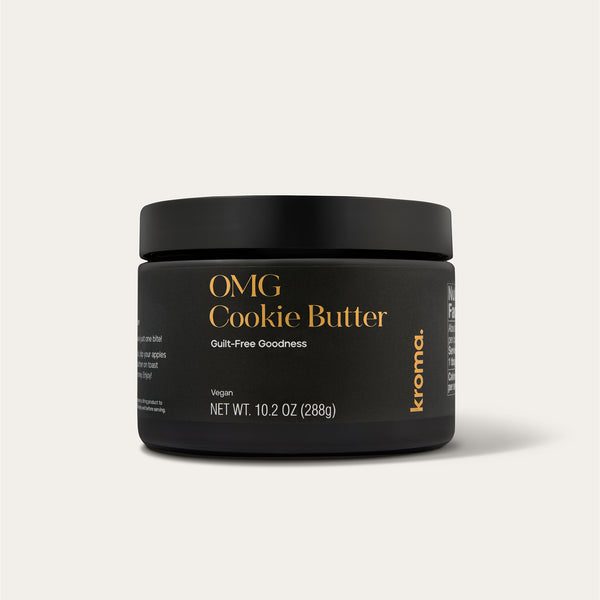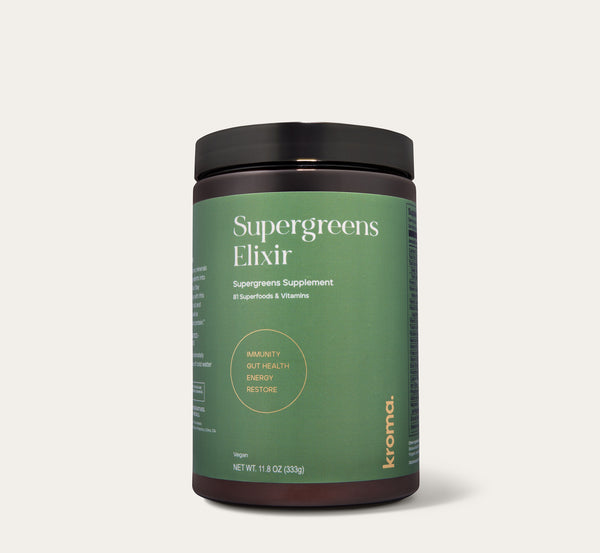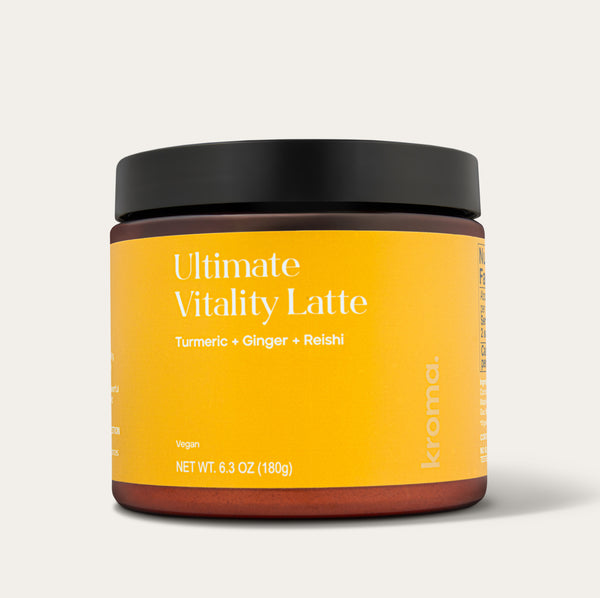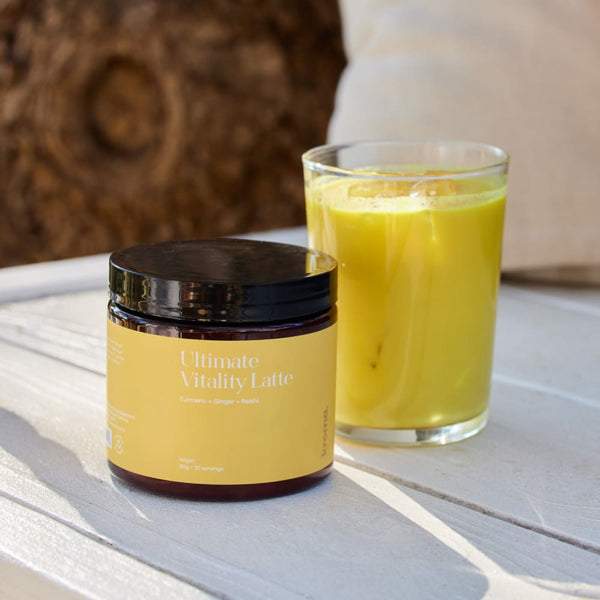Are you starting to forget little things here and there? Is it harder to learn new skills? Whether you are in your 20s or 60s, your cognitive health may be to blame. It is never too early to start focusing on your cognitive health.
We have broken down how to improve your overall cognitive health through the foods you eat, activities that exercise the brain, and supplements that can support cognitive health.
What Is Cognitive Health?
The brain is responsible for virtually all of your body’s functions. Movement, speaking, personality, and even your heart beating and lungs breathing are all just a handful of the things the brain controls.
Cognitive health is also a function the brain is responsible for. As we get older, though perhaps not as old as we would like to think, our cognitive health can start to naturally decline.
What Are Basic Cognitive Skills?
Cognitive health includes thinking clearly, learning, attention, logic, and memory. All these skills work together to help you process new information, help you form thoughts, and retain knowledge. No matter the age, it is important to support and practice cognitive skills.
Why Is Cognitive Health Important?
Cognitive health is obviously important to retain your memory, learn new things, and think clearly, but it goes even beyond that. Cognitive health allows you to do complex and basic activities.
For example, without cognitive health you wouldn't be able to have a clear conversation with someone or fulfill some of your daily activities, like driving, paying bills, or remembering your medication. Even playing your favorite games relies on cognitive health.
At What Age Does Cognitive Decline Start?
You may assume that cognitive health begins its decline later in life, but it might come as a surprise that it can begin in healthy, educated adults in their 20s and 30s. This is not to say that you will be in a quick downward spiral after your 25th birthday, but certain areas of your cognitive health may start to decline. You probably will not even realize it is happening.
Cognitive decline is often a slow process. In your 20s and 30s, it will most likely not affect your life at all. It may be more of an annoyance to forget something trivial. As we continue to age for a few more decades, cognitive decline may start to affect our daily lives.
With that said, it is never too early to start supporting your cognitive health.
What Foods Are Good for Cognitive Health?

If you are feeling panicky about the news that your cognitive health may already be on the decline, there may be ways to help support your brain health to minimize the decline. Certain foods are incredibly helpful for supporting overall brain health.
Plant-based foods like leafy greens and berries are high in brain-supporting vitamins and minerals. Foods with omega-3 fatty acids, like walnuts and fatty fish, also help support cognitive health. Caffeine from coffee or tea may help with concentration and solidifying new memories (especially when that tea is loaded with superfood nutrients, too).
What Superfoods Can Support Cognitive Health?

Superfoods are given their name because they are just that — super. Most superfoods support a variety of different functions in the body, including cognitive health.
Because superfoods are beneficial to so many areas of the body, we include as many as we can in our 5-Day Reset.
- Matcha is a high-quality green tea known for its catechins and vitamin K, both nutrients that support the brain.
- Reishi mushrooms are another superfood that supports memory, focus, and concentration.
- Turmeric has also been shown to support memory in older adults.
- Ceylon cinnamon, a lighter cinnamon with citrus notes, also supports cognitive function.
You can find each one of these superfoods in our delicious, easy-to-make daily essentials.
How Can I Sharpen My Brain?
There are other ways to sharpen your brain besides the foods you eat. Practicing activities that bring you joy and exercise your brain is important. Once we get out of school and into the “real world” sometimes we forget that we can still play a game or learn something new just for fun.
Here are a few ways you can help sharpen your brain:
Crossword Puzzles and Mind Games
It used to be that you would have a new crossword puzzle come in the paper once a week. Now that we all have our phones, playing a crossword puzzle or sudoku is as easy as downloading an app. There are so many different types of puzzle games out there.
Games like crossword puzzles have been shown to support cognitive health. The areas that have shown improvement are memory, the ability to express oneself, and the ability to work with and understand numbers. Whether you are 20 or 75, it is never too late (or too early) to start making puzzle games a part of your daily, or even weekly, routine.
Memory Quizzes
If you are curious about how your memory stacks up, you can take a memory quiz online. It may show you a picture of something, and then ask you to answer questions about it after it has disappeared.
There are also companies that have taken these concepts and turned them into a game. Playing these types of games may help exercise your memory, helping you to increase your overall cognitive function.
Keep Learning

Another way to exercise your brain is by learning something new. Have you been waiting to take up a new exercise class, learn to paint, or finally learn how to play the guitar?
Whatever new skill you are hoping to learn, it is never too late! Learning something new can also be as simple as learning how to cook a new meal.
It is true what they say: It is important to learn something new every day. It may help cognitive function.
What Supplements Help Cognitive Function?
Getting your nutrients from the foods you eat is always best, but sometimes the foods we eat just don’t give us all we need. When this happens, you may want to consider high-quality supplements. Here are a few that are very beneficial for cognitive function.
Omega-3 Fatty Acids
Naturally, omega-3 fatty acids are found in fatty fish or certain nuts, like walnuts. You can take a supplement to make sure you are getting your daily recommendation of omega-3s.
Omega-3 fatty acids support the brain and cognitive health by benefiting the function of neurons, as well as reducing inflammation and oxidative stress.
Vitamin B12

Low levels of vitamin B12 have been shown to be associated with cognitive decline. Vitamin B12 is naturally found in animal proteins like chicken, beef, and fish. Eggs and dairy products may also contain vitamin B12.
People who follow a vegetarian or vegan diet are likely not getting the vitamin B12 needed and should consider taking a vitamin B12 supplement.
Magnesium

The mineral magnesium has been shown to be extremely important in overall cognitive health, specifically when it comes to learning and memory. Magnesium is found in foods like green veggies, nuts, seeds, and whole grains. There are also magnesium supplements that you can take to ensure you are meeting your daily requirements.
How Can I Maintain Cognitive Health in Older Age?
Maintaining cognitive health as you get older is much like when you are young. Eating well, exercising your brain, and making sure you are getting the best nutrients for brain health are important at any age.
As we get older, we tend to be less social and less active. It is important to try and maintain social activities with family and friends. Physical activity is also important. Try walking, gardening, dancing, and swimming. Playing with kids and grandkids is always another great way to support your cognitive health.
The Bottom Line

Learning, clear thinking, memory, and focus are all aspects of cognitive health. Without healthy cognitive function, we cannot perform basic and complex activities, like paying bills, playing our favorite game, making a meal, or having a meaningful conversation.
While cognitive function may begin to decline in your 20s and 30s, there are many ways to help support your cognitive health.
Supporting cognitive health is a lot like supporting your overall health. Eating a whole food diet high in veggies, fatty fish, berries, and even caffeine may help support cognitive health.
Superfoods like matcha, reishi mushroom, turmeric, and Ceylon cinnamon also help strengthen cognitive health.
If you don't feel like you are getting enough omega-3s, vitamin B12s, or magnesium in your diet, look for a high-quality supplement, as these are nutrients that are extremely important for cognitive health.
Exercising your brain through crossword puzzles, memory quizzes, and learning something new also helps sharpen cognitive health.
At Kroma Wellness, we know how important it is to support cognitive health. We have added superfoods to our 5-Day Reset that support overall health, including cognitive function.

